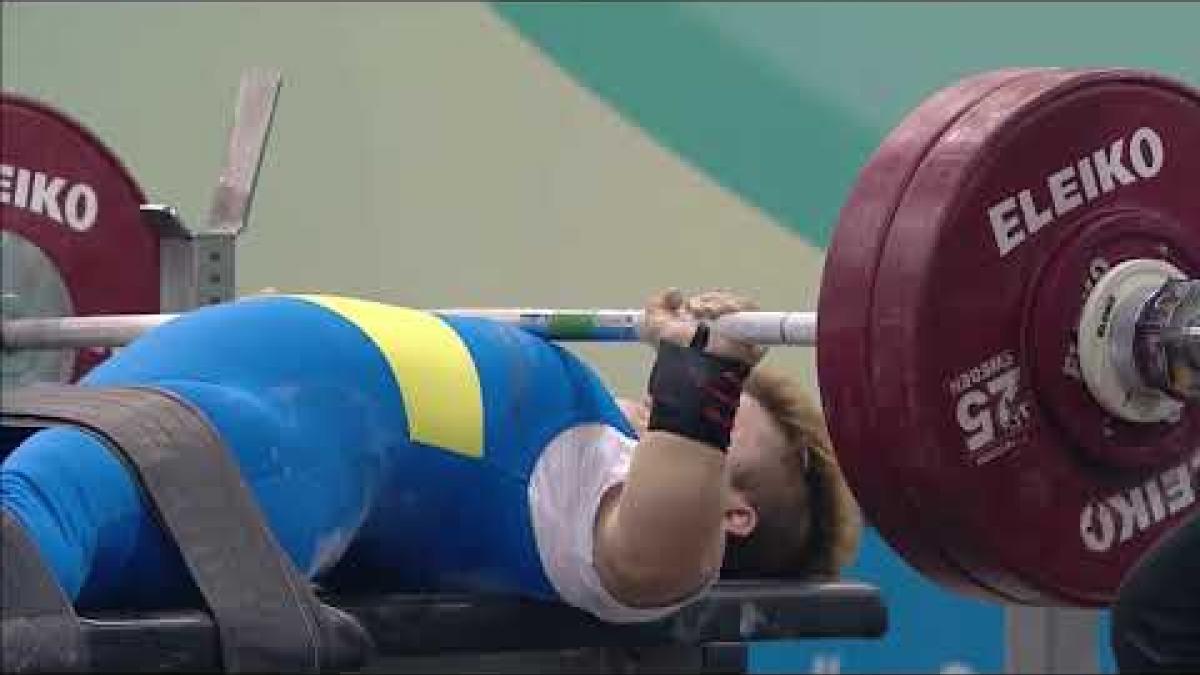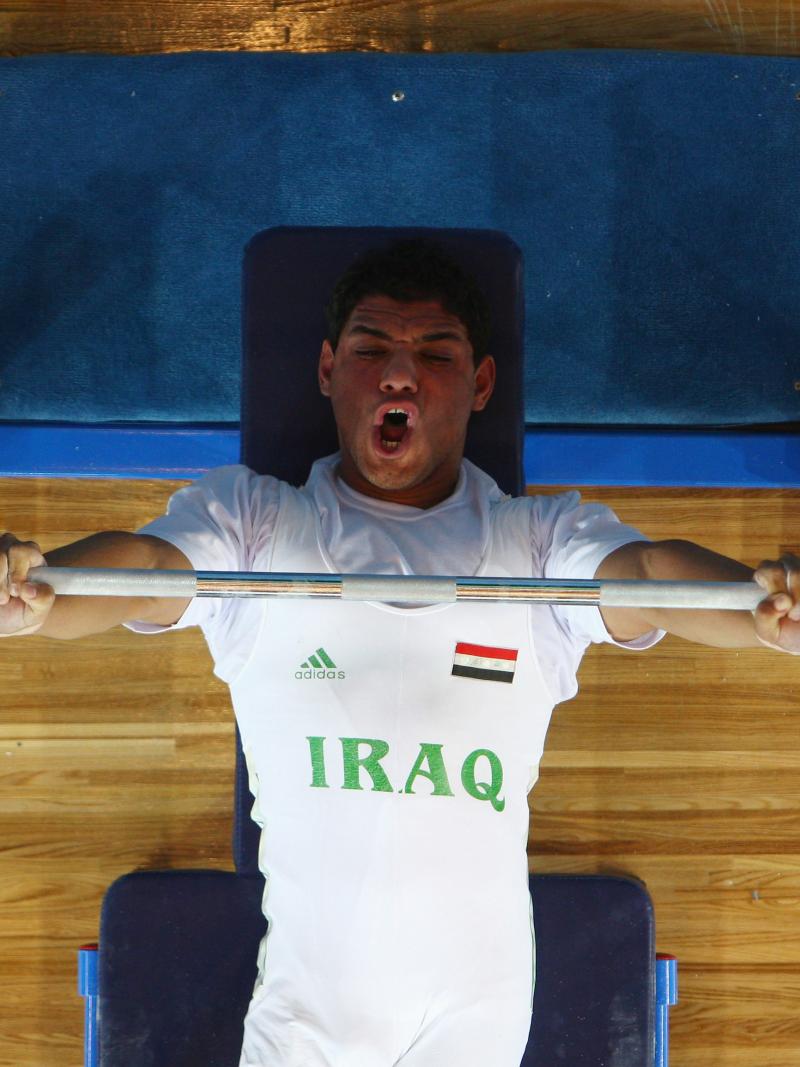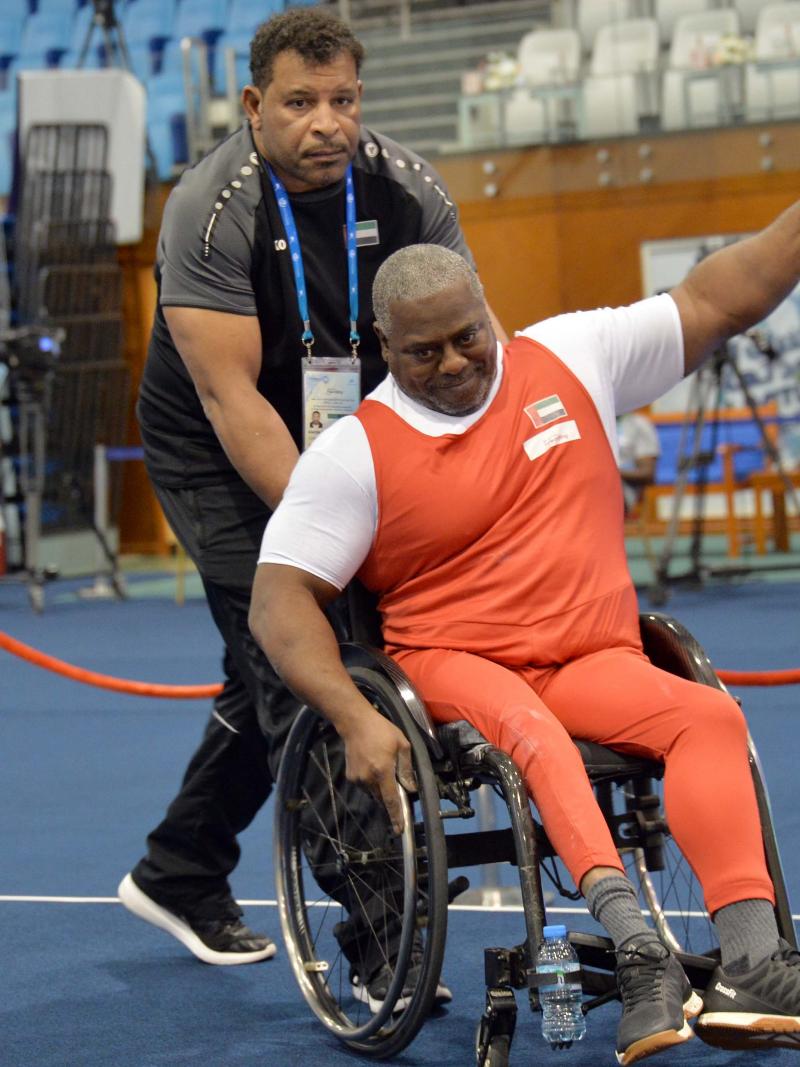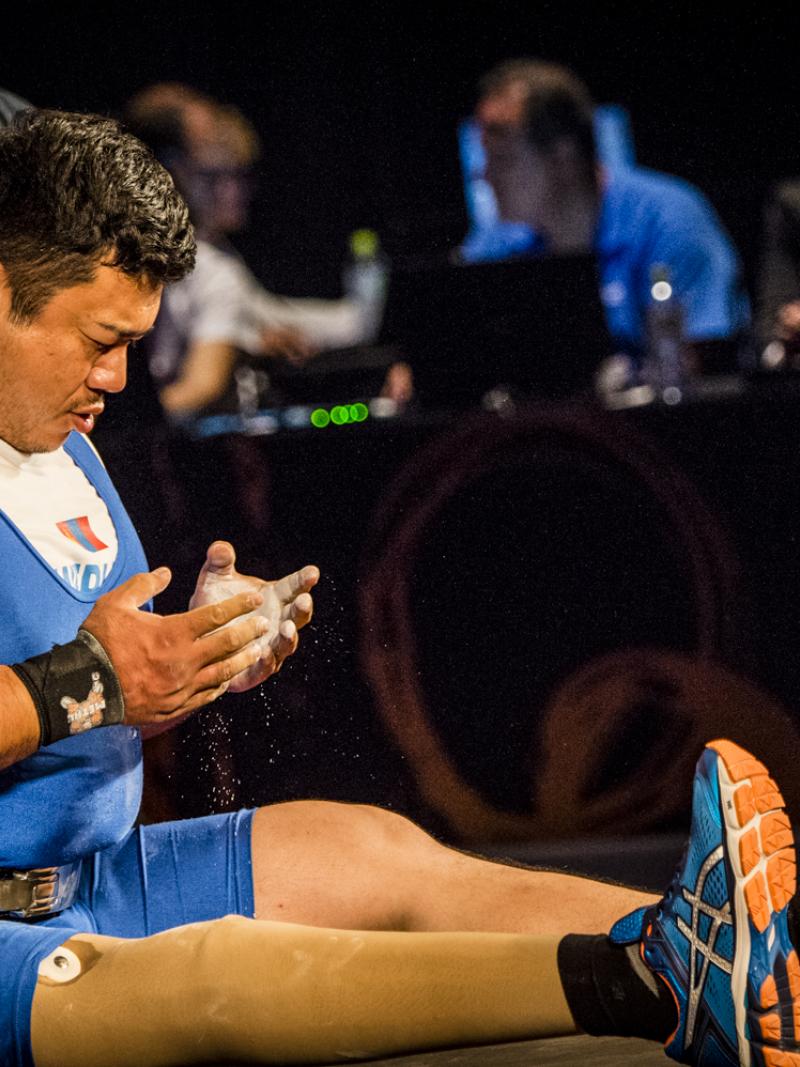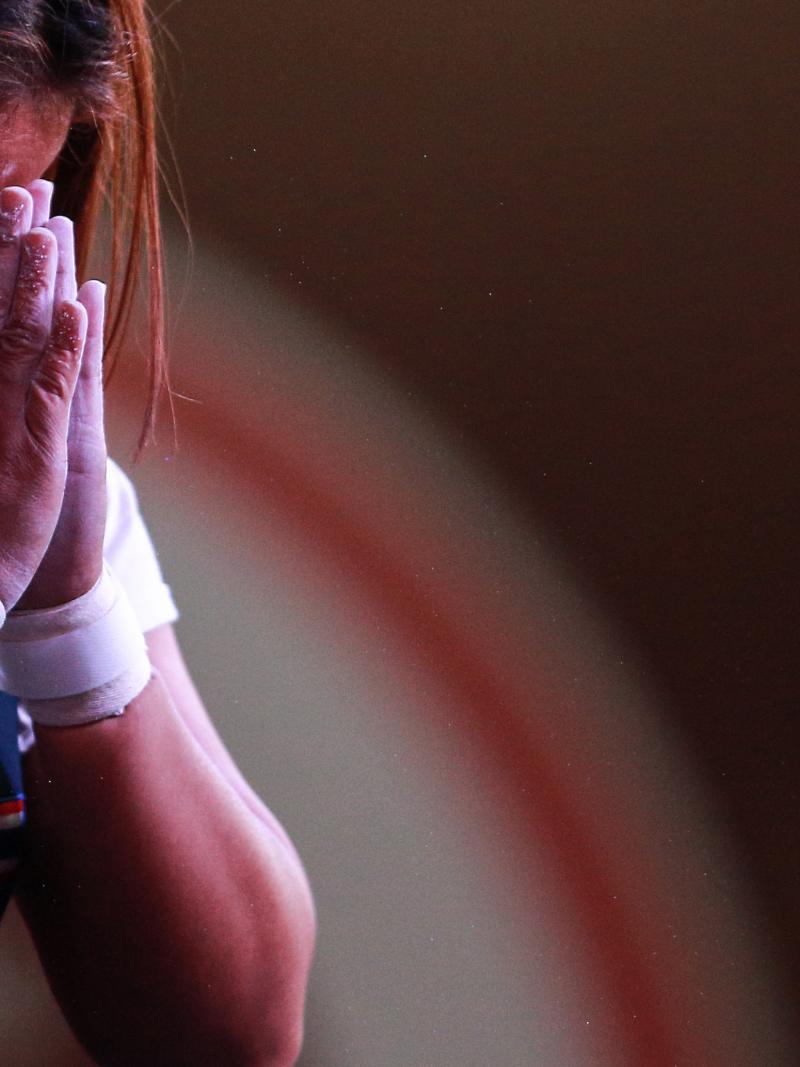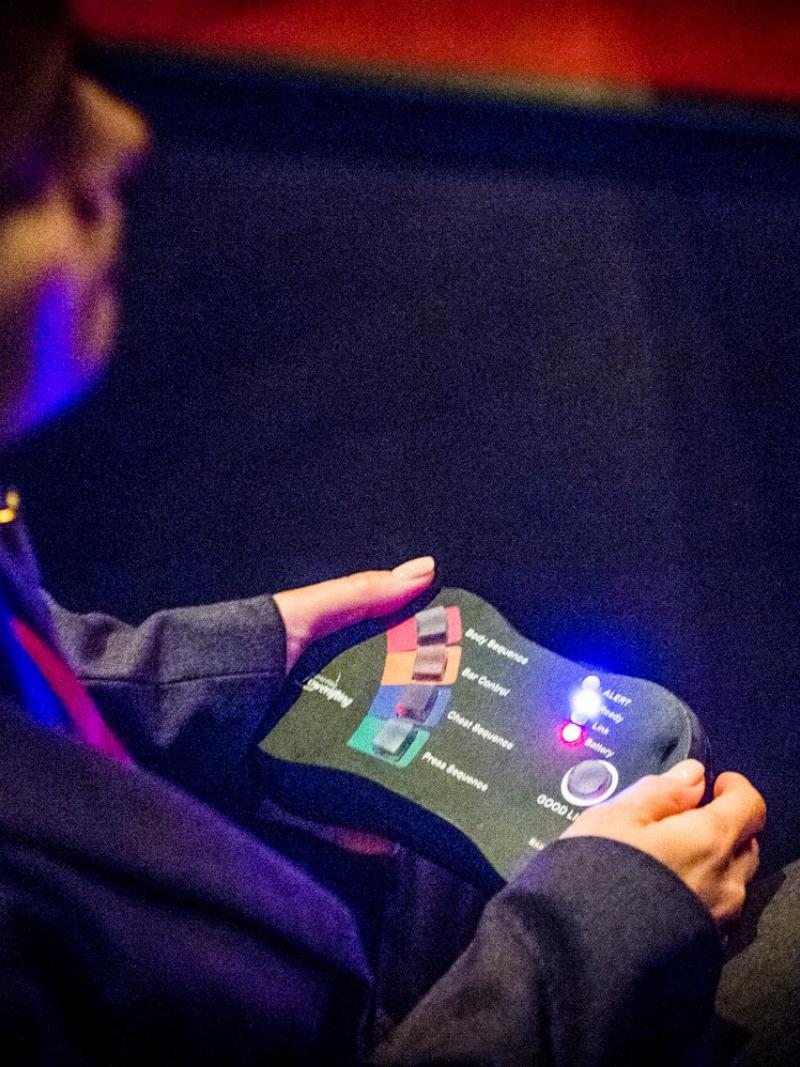Ni Nengah Widiasih’s latest challenge
Powerlifter ready to turn silver to gold at Paralympics 22 Mar 2019“I am aiming to be fitter and stronger than before. We have major competitions starting this July, the World Championships and then Tokyo 2020 Paralympics and I am focused to give my best and return with better results. I am very proud of myself that I could inspire many girls in my country and become a role model for them."
Paralympian powerlifter Ni Nengah Widiasih loves being challenged—be it by her opponent, life or by herself.
Having faced the challenges that life has thrown at her at a very young age, Widiasih said she has come out stronger each time. She lost the ability to walk since the age of three and has used a wheelchair since then.
The Rio 2016 Paralympic bronze medallist, who is also the face of Para powerlifting in Indonesia, wants to be ‘fitter and stronger’ than before. She is not only looking to compete in her pet weight category - the women’s up to 41kg - but better her medal colour in big events including the World Championships and Tokyo 2020 Paralympics.
“I am aiming to be fitter and stronger than before. We have major competitions starting this July, the World Championships and then Tokyo 2020 Paralympics and I am focused to give my best and return with better results.
“Last few months, I have been struggling with my shoulder injury which had also affected my training and my performances. I am challenging myself to get back into the right shape and be ready for the big events,” said Widiasih on the sidelines of the recent Fazza 2019 World Para Powerlifting World Cup in Dubai, where she took the up to 45kg silver.
The 29-year-old from Bali will be following a strict no-carb diet, in order to shed several kilos and gain more muscle ahead of the important events.
“I feel I have a strong medal chance in the up to 41kg weight category. So, I am aiming to shed some kilos and be ready. In Indonesia, it’s difficult to not eat rice but I will try to balance it with potatoes somedays. My diet will include more vegetables, fruit, fish and chicken etc. “
Injury and silver medals
But more than her weight category, Widiasih is worried about a recurring shoulder injury that she encountered right before Rio 2016. A bronze medal show at the Games was thus satisfying considering the painful training sessions.
She says that she had to be extra careful during her training since then.
“I will be undergoing the same training which I had last year. Just that I have to be much more careful. I will also be going for more physiotherapy sessions for my recovery. I have to work harder and stay focused in order to change my medal colour.”
When asked about the string of silver medals she had of late, the bubby powerlifter said: “I know there’s lot of silver medals. But I want to take out the positives and feel motivated to do better. In Tokyo 2020, I just plan to do better than Rio. I will try to do my best and better my personal record. I will aim for an Asian record.”
Widiasih took silver medals at the Incheon 2014 and Indonesia 2018 Asian Para Games. She also has a silver from the Kitakyushu 2018 Asia-Oceania Open Championships.
‘Many girls want to be like me’
Widiasih is happy that her historic Rio 2016 medal has inspired many girls in her country to take up the sport but feels that the country still has a long way to go to produce more Paralympic winners in women’s powerlifting.
“I am very proud of myself that I could inspire many girls in my country and become a role model for them. They also want to be [a] champion like me now and win medals. Initially there was a lot of resistance. They felt that their body will become heavier and muscular. I have been visiting schools, attending programmes by several foundations where I have shared my story.
“I tell them that I have been competing in powerlifting since I am 13 and my body is still the same. Their views are changing now and there is more interest among females.”
However, she said there are other challenges for one to pursue powerlifting in Indonesia. “It’s difficult to get young powerlifters as most of them are taking up the sport in their late 20s or early 30s. Indonesia need a new generation in powerlifting.
“Our country is very big with several provinces which are far from each other. In Bali, we have a lot of facilities to train, we also have a training camp in Surakarta. But for a new athlete, it’s difficult as the basic training facility like a gym, coaching or infrastructure is still missing in some provinces.
“They want to do powerlifting but don’t know how to start. They have the talent and dream but no medium to pursue it.
“Nevertheless, they should keep trying and never give up on their dreams and one day, they can be proud about the fact that ‘at least I tried’,” she added.
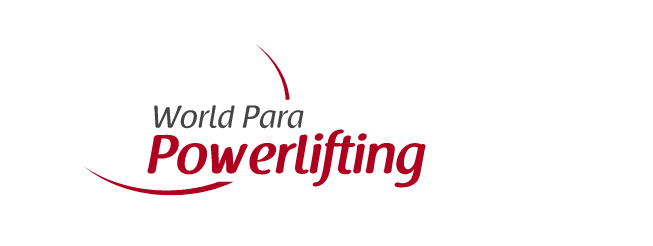
 Facebook
Facebook
 Instagram
Instagram
 Twitter
Twitter
 Youtube
Youtube


